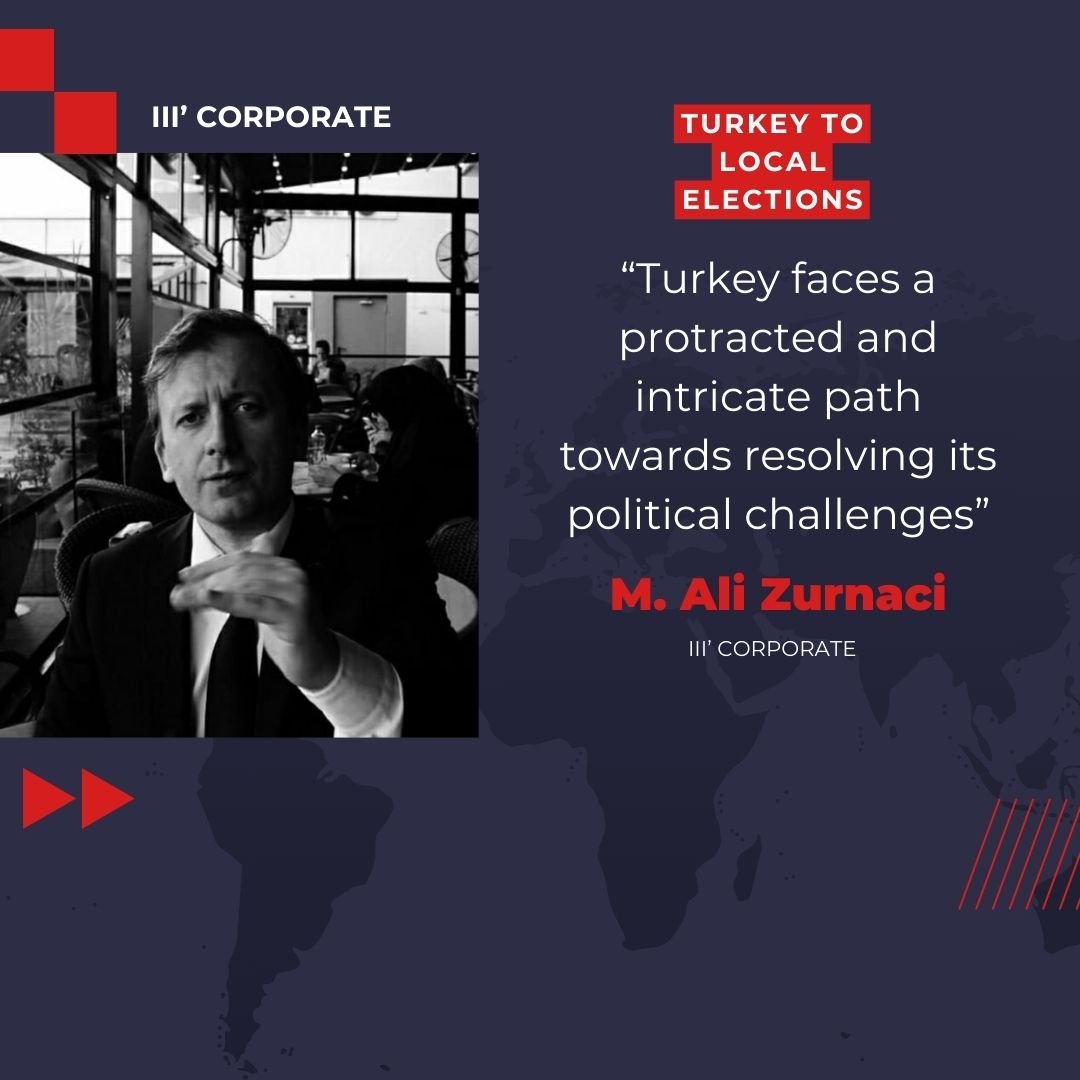Well, first, it’s important to note that the upcoming March 31 local elections in Turkey lack the political power to alter Turkey’s strategic dynamics concerning its foreign policy and internal politics. Erdoğan’s consolidation of one-man rule has intensified since the May 2023 elections, and his continued populist strategies to bolster his economic influence persist. So, I don’t anticipate any drastic changes in this political trend.
At the forefront of analysis, the enduring discord between the US and Turkey over the legal status of YPG/PYD in northern Syria shows no signs of resolution, serving as a primary strategic factor in Turkey’s regional power dynamics. This high-stakes political agenda diminishes the significance of local elections. Perhaps this explains why Turkish spy chief Kalin and Foreign Minister Fidan visited Washington just before the elections.
By the way, as for local elections, surveys indicate that İzmir and Ankara, Turkey’s second and third largest cities, are likely to be won by opposition candidates. In Istanbul, Turkey’s largest city, the opposition party candidate İmamoğlu appears to have a slight lead. However, given the surveys’ poor performance in the recent general elections, trust in their accuracy is lower than ever.
Beyond the election outcomes, Turkey faces financial challenges. Consequently, global finance experts speculate about the potential role of the moderate and rational economist Mehmet Şimşek as Finance Minister. Long-term investors and carry traders naturally seek profitable interest rates. Despite the Central Bank of the Republic of Turkey’s last inconsistent move on interest rates, a gradual and controlled increase in interest rates seems probable in the coming period. A balanced and sustained recovery of the Turkish economy necessitates cautious decision-making, thereby dampening investor enthusiasm. Hence, we will continue to analyze the potential repercussions of the Central Bank’s actions and fiscal policies, particularly if Şimşek maintains his rational approach to Turkey’s economic issues.
Regarding ideological considerations, some analysts argue that if Erdoğan’s Istanbul candidate, Murat Kurum, defeats Ekrem İmamoğlu, a democrat, it could signal an increased likelihood of regime change. Erdoğan’s apparent aim to reshape the Turkish constitution lends credence to such analyses. While local elections alone may not effectuate regime change, they could serve as a catalyst for such a shift.
Despite Erdoğan’s apparent backtrack from his so-called pro-Islamist financial decisions, particularly regarding interest rates, there remains a lingering risk that he may resort to authoritarian measures to shore up his political support and satisfy pro-AKP interests. Given his history of radical actions, it’s unsurprising that foreign investors exhibit caution towards Turkey. MAZ Co had only one scenario in its January Report: “Finance Minister Simsek and Central Bank Governor Erkan might be the next scapegoats of Erdoğan.” Erkan was out in February. Simsek is waiting to be the next. From my perspective, it seems prudent to pursue partially short-term and partially long-term, limited investments in Erdogan’s Turkey. As long as Erdoğan remains in power, which is assured until 2028, investors are likely to adopt a cautious approach to risk assessment. Turkey faces a protracted and intricate path towards resolving its political challenges, spanning from judicial vulnerabilities and inconsistent procurement laws to nurturing genuine democracy amidst a populist-leaning Erdogan administration.
March 10, 2024, Istanbul
Muhammet Ali Zurnaci
